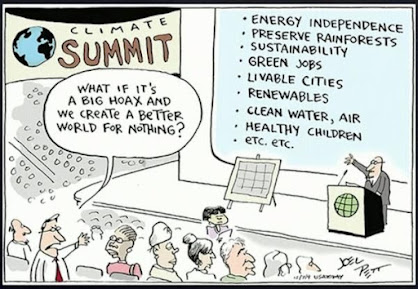COP26: Just a load of hot air?
It's easy to be cynical about the promises being made at COP26 in Glasgow. We've heard it all before: promises are made, only to be broken. Cut methane emissions by 30%? Sure, we'll do that. End deforestation by 2030? No problem. But here's the thing: however frustrating the process may be, an agreement is still better than no agreement.
That's because words do matter. Language is all about agreement, after all. There's nothing about the actual sounds of the words we use -- or the shapes of the letters we use to write them -- that has any meaning in itself. It's only because we all agree that certain combinations of sounds and shapes have particular meanings that we're able to understand each other in the first place. It's the basis of everything that makes us human, the secret of our civilisation. So when we use words to express a commitment, we're leveraging the fundamental nature of language.
And we all understand how important that is: in every culture and every language, we know what it means to 'give your word'. It's the basis of all legal agreements, and the enforcement of law -- if you've agreed to do something, you are both legally and morally obliged to do it. So even if the COP26 agreements seem like easy promises, they're important nonetheless: the countries that make them can ultimately be held to account in the court of public opinion. And that's where the real power lies. Just as with every other major change, it's our voices that count. Let's use them.

Comments
Post a Comment